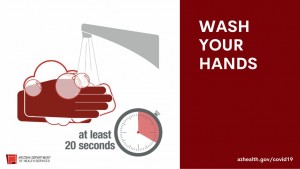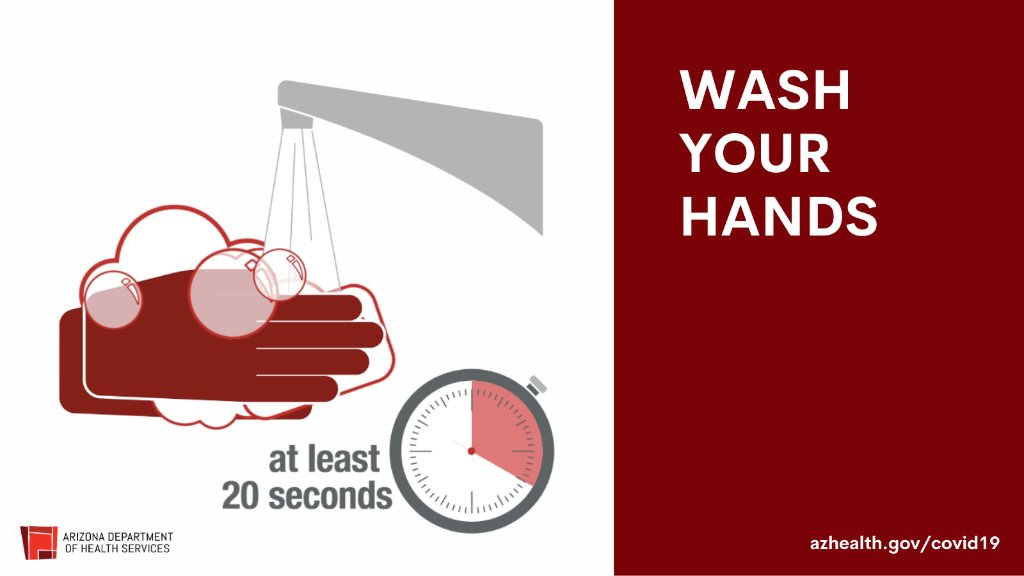 From the time most people were children, parents and teachers stressed the importance of washing our hands. In the nearly two years since COVID-19 appeared, health officials around the world have repeated the same good advice.
From the time most people were children, parents and teachers stressed the importance of washing our hands. In the nearly two years since COVID-19 appeared, health officials around the world have repeated the same good advice.
As we recognize National Handwashing Awareness Week, with holiday gatherings underway and COVID-19 still very active in Arizona, removing germs from your hands with soap and water is as important as ever.
Why does it matter so much? Clearly, washing your hands helps protect your health. But it also can protect your family and others you meet, according to the Centers for Disease Control and Prevention (CDC). Handwashing can reduce the number of people who get sick with diarrhea by as much as 40%, and in people with weakened immune systems by nearly 60%. Respiratory illness, like colds and the flu, can be reduced by 16-21% with the proper use of soap and water.
The Helping Hands Tip Sheet from ADHS explains how and when we should wash our hands. That includes whenever you come into contact with germs, such as before, during and after handling food, and after touching your pets, handling garbage, using the toilet, or using outdoor equipment that others have used.
Properly washing your hands should take about 20 seconds, or about the time it takes to sing or hum “Happy Birthday” to yourself twice. Wet your hands, apply soap to all parts of your hands and fingers, rinse, and then dry your hands. Drying your hands is important because germs can spread more easily from wet hands.
It’s also important to know that using gloves or hand sanitizer helps, but neither replaces washing your hands thoroughly.
The CDC has more on the science of washing hands.










